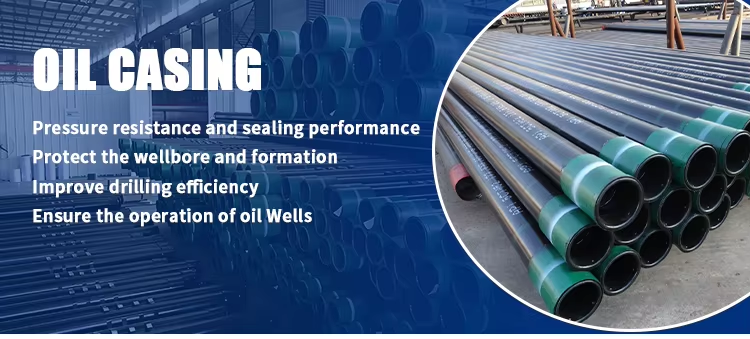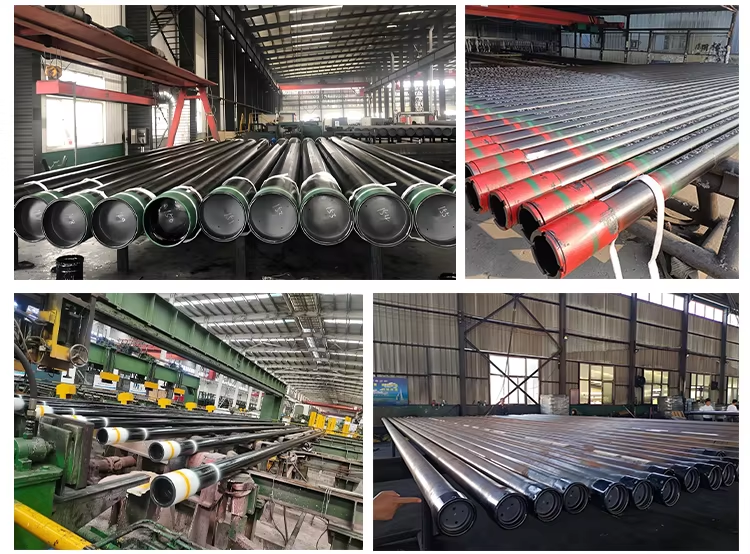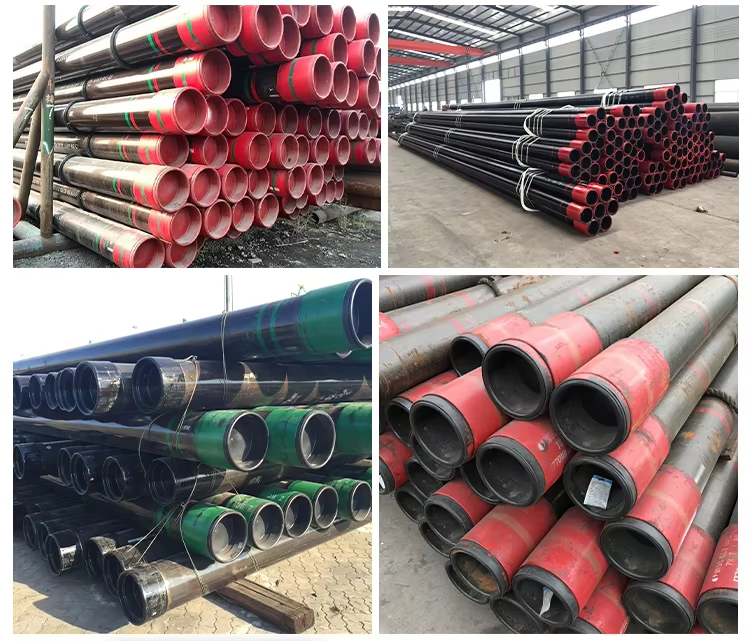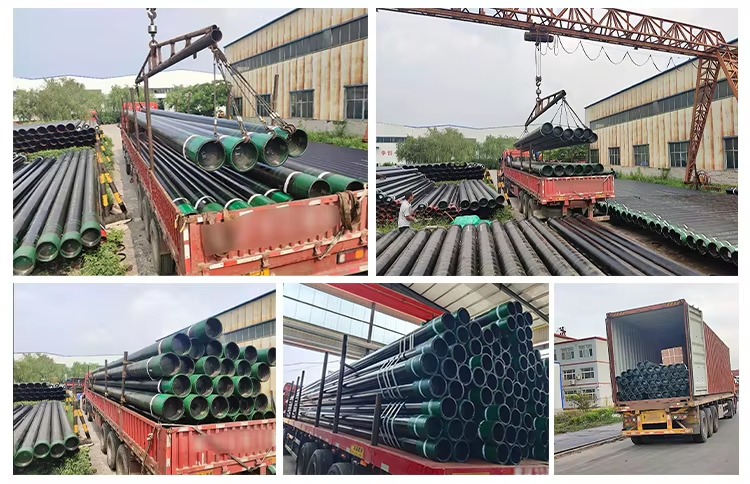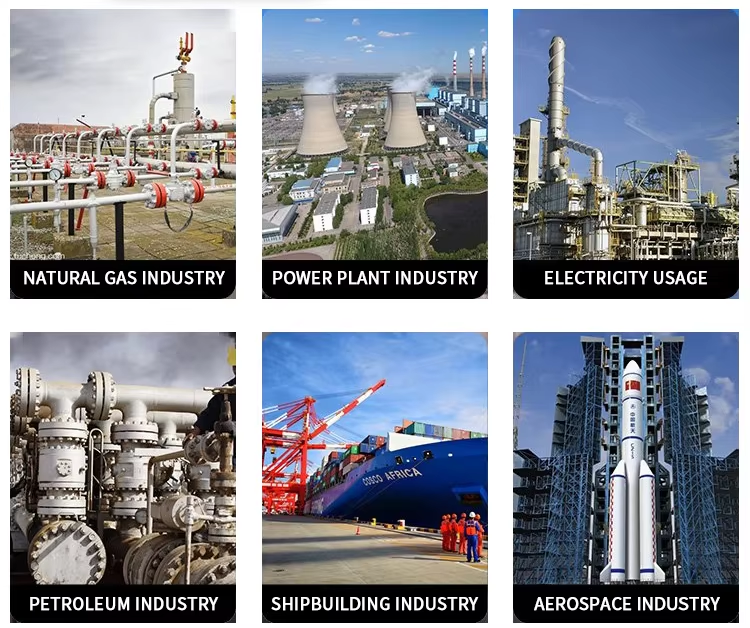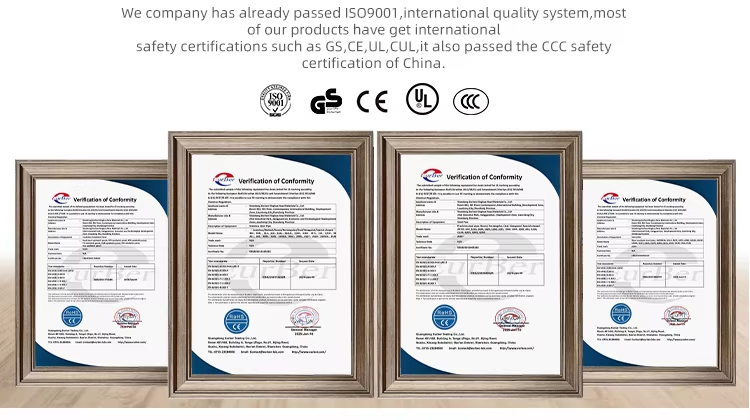Diverse Types and Grades: There are three types of A53 pipes, namely type F (furnace butt weld or continuous weld, only available in grade A), type E (electric resistance weld, available in grades A and B), and type S (seamless, available in grades A and B). The two grades, A and B, have different chemical compositions and mechanical properties. Grade A has relatively lower mechanical properties and is suitable for applications where lower strength is acceptable, while grade B has higher carbon and manganese content, resulting in higher tensile and yield strengths, and is suitable for applications requiring higher mechanical strength.
Good Formability and Weldability: A53 carbon steel pipes, especially grade A, have good formability. They can be easily coiled, bent, and flanged, which makes them convenient for various processing and installation operations. At the same time, they also have excellent weldability, which is conducive to on - site welding construction and can reduce installation time and cost.
Wide Range of Specifications: The outer diameter of A53 pipes typically ranges from 1/8 inch (DN 6) to 26 inches (DN 650), and the wall thickness specifications include Sch 10, Sch 20, Sch 40, Sch 80, Sch 160, XXS, etc. The length can be 20 feet (6 meters) or 40 feet (12 meters), and can also be customized according to customer requirements.
Certain Corrosion Resistance: Although the corrosion resistance of A53 carbon steel pipes is not as good as that of stainless steel, they can be hot - dipped galvanized to improve their corrosion resistance. After galvanization, they can have better resistance to oxidative and reducing media in stress - induced environments.
Economical and Versatile: A53 carbon steel pipes are widely used due to their relatively low cost and versatility. They are suitable for mechanical and pressure applications, and can also be used in ordinary steam, water, gas, and air lines, as well as in structural applications, mechanical components, and other fields.
Ensured Quality by Standards: The production of A53 carbon steel seamless and welded pipes needs to comply with strict ASTM A53 standards. Manufacturers will conduct various quality inspections on the pipes, including mechanical property testing, hydrostatic testing, etc., to ensure product quality and safety.
